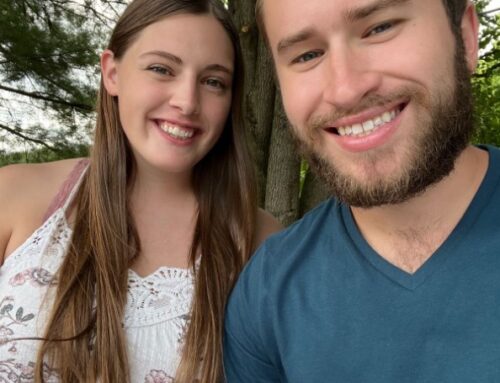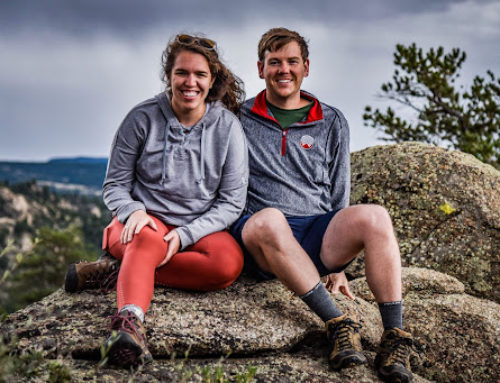Maria Julian is the Executive Director at Counter Tools. She loves working to bring positive change to critical issues in place-based public health. Learn more about Maria’s background and what inspires her in her staff profile below.
Tell us a little bit about your background before you came to Counter Tools.
Prior to joining Counter Tools, I worked for five years with a talented Community Health Services team at AppHealthCare, a district health department in rural western North Carolina. Our 20-person team worked closely with community partners to implement policy, systems and environmental changes, ranging from establishing the region’s first syringe exchange program to improving health outcomes for maternal and child health. I was really fortunate to be a part of this special team that valued innovation and strong community engagement. During those years, I also taught a nonprofit management course at Appalachian State University.
Prior to living and working in Appalachia, I served as a Peace Corps volunteer in Moldova, then studied at the Middlebury Institute of International Studies at Monterey, California. I had the chance to earn an MPA that was largely based on consultancies with clients and a combination of and classwork in English and Russian. I learned new ways to address social justice issues such as gang violence and access to healthcare. These experiences helped prepare me for future public health work focused on systems change.
How long have you worked at Counter Tools and what made you decide to work here?
I joined the Counter Tools team in May of 2019. I saw a job posting for Counter Tools and was intrigued. The Counter Tools mission and focus on supporting public health advocates to tell the story of their community’s health for policy change was very exciting to me. I met a few of the team members and knew I wanted to join this team of passionate, bright change makers.
What is something you like about working at Counter Tools?
Counter Tools is made up of a group of people who challenge and inspire me every day. Working as a team to bring positive change to critical issues in place-based public health is a great privilege for me. I am constantly learning from my team members. That makes the work that much more meaningful.
Who is an influential person for you and how have they changed your outlook?
Beryl Levinger, a mentor to me and many others, taught me something seven years ago that really influenced me personally and professionally: A change in knowledge does not equal a change in behavior.
This shifted the way I think about things, from personal relationships to complex social problems. I think we often forget how challenging behavior change can be. Beryl’s words challenge me to approach problem solving from a human-centered design.
Do you have any pets, children or other family members you’d like to mention?
I am fortunate that I get to spend my days with my partner, Adam, our son, Oscar, and our dog, Robles. They keep me curious about the world and exploring new places.





